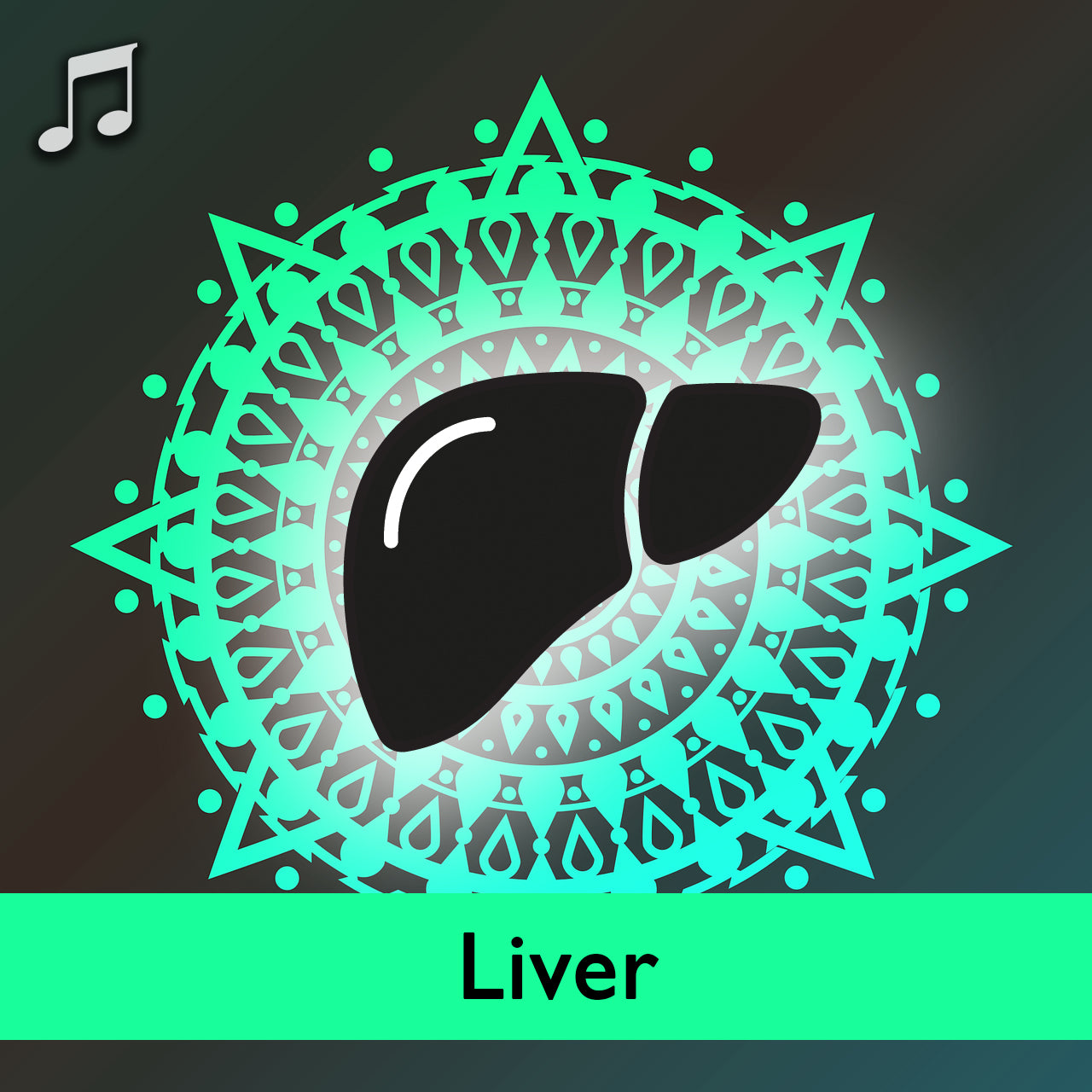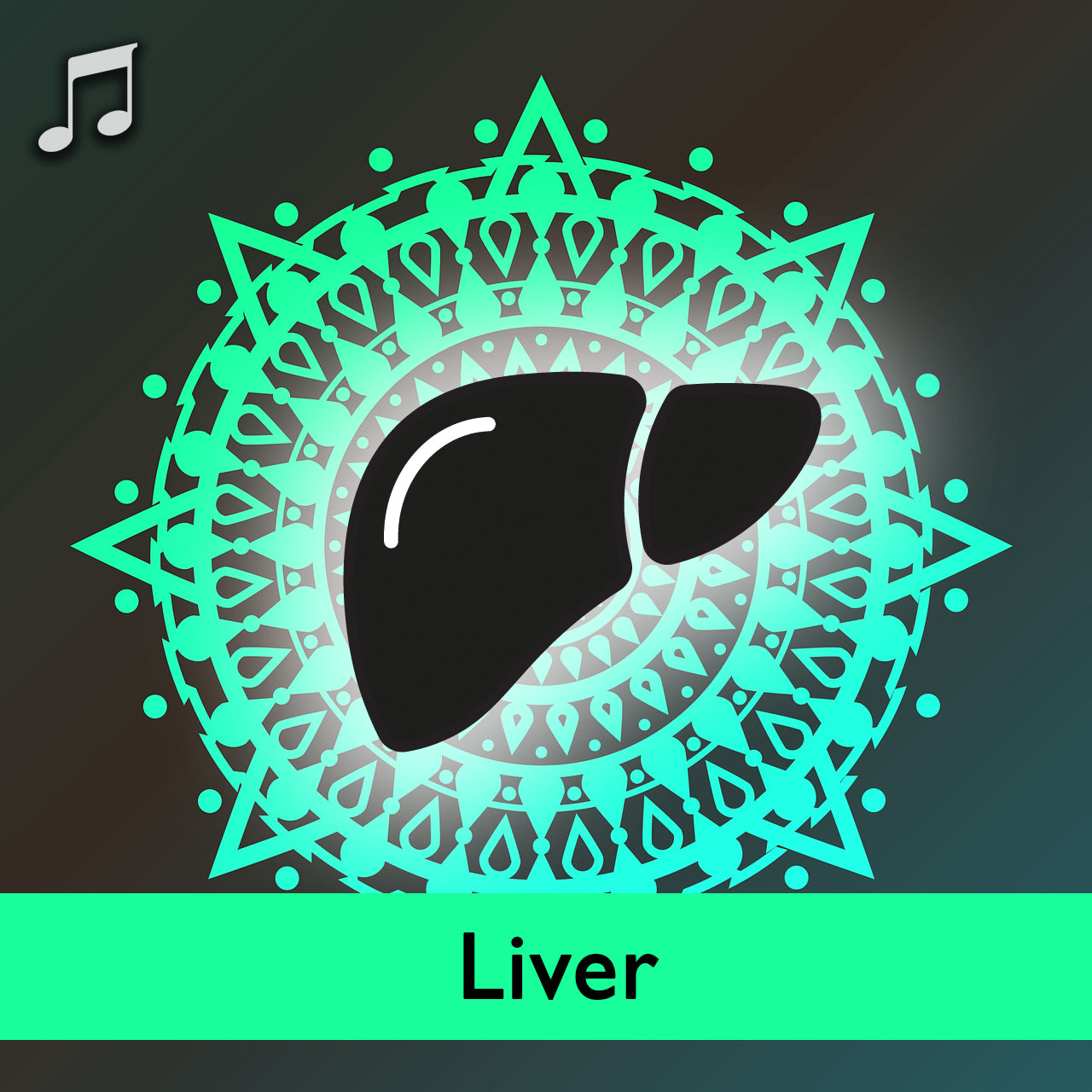The Six Healing Sounds, also known as Liu Zi Jue or the Six Healing Breaths, is a traditional Chinese practice that involves making specific sounds and performing corresponding movements to promote health and well-being. Each sound is associated with a particular internal organ and is believed to help balance and cleanse that organ's energy. The practice is rooted in Traditional Chinese Medicine (TCM) and Taoist principles. Here's an explanation of the Six Healing Sounds:
1. Xu (pronounced "ssh" as in "she"): Associated with the Liver
Movement: Stand with your feet shoulder-width apart, knees slightly bent. Place your hands on your lower abdomen, palms facing down.
Sound: Inhale through your nose, and as you exhale, bend forward slightly at the waist while making the "ssh" sound.
2. He (pronounced "huh"): Associated with the Heart
Movement: Stand with your feet shoulder-width apart, knees slightly bent. Place your hands on your heart area, palms facing down.
Sound: Inhale through your nose, and as you exhale, turn your head to the right while making the "huh" sound. Then, turn your head to the left while exhaling with the same sound.
3. Hu (pronounced "hoo"): Associated with the Spleen
Movement: Stand with your feet shoulder-width apart, knees slightly bent. Place your hands on your lower abdomen, palms facing up.
Sound: Inhale through your nose, and as you exhale, squat down slightly while making the "hoo" sound.
4. Si (pronounced "ssss" as in "see"): Associated with the Lungs
Movement: Stand with your feet shoulder-width apart, knees slightly bent. Place your hands on your chest, palms facing down.
Sound: Inhale through your nose, and as you exhale, bend forward slightly at the waist while making the "ssss" sound.
5. Chui (pronounced "chway"): Associated with the Kidneys
Movement: Stand with your feet shoulder-width apart, knees slightly bent. Place your hands on your lower back, palms facing down.
Sound: Inhale through your nose, and as you exhale, bend forward slightly at the waist while making the "chway" sound.
6. Xi (pronounced "shee"): Associated with the Triple Burner (a TCM concept)
Movement: Stand with your feet shoulder-width apart, knees slightly bent. Place your hands on your lower abdomen, palms facing up.
Sound: Inhale through your nose, and as you exhale, rotate your torso to the right while making the "shee" sound. Then, rotate your torso to the left while exhaling with the same sound.
Key Principles and Benefits:
The Six Healing Sounds are believed to help release negative emotions and stagnant energy from the corresponding organs.
The sounds should be gentle and should not strain your vocal cords.
Visualization of the specific organ while making the sound can enhance the practice.
It's recommended to repeat each sound 3 to 6 times, but you can adjust the repetitions based on your comfort and experience.
The practice can be performed in the morning or as needed to address specific emotional or physical imbalances.
Over time, the Six Healing Sounds are thought to promote physical health, emotional balance, and overall well-being, as per the principles of TCM and Taoism.
As with any traditional practice, it's important to approach the Six Healing Sounds with an open mind and a willingness to explore their potential benefits. Consult with a qualified teacher or practitioner if you're new to this practice, as they can offer guidance on proper technique and adaptation to your individual needs.
1. Xu (pronounced "ssh" as in "she"): Associated with the Liver
Movement: Stand with your feet shoulder-width apart, knees slightly bent. Place your hands on your lower abdomen, palms facing down.
Sound: Inhale through your nose, and as you exhale, bend forward slightly at the waist while making the "ssh" sound.
2. He (pronounced "huh"): Associated with the Heart
Movement: Stand with your feet shoulder-width apart, knees slightly bent. Place your hands on your heart area, palms facing down.
Sound: Inhale through your nose, and as you exhale, turn your head to the right while making the "huh" sound. Then, turn your head to the left while exhaling with the same sound.
3. Hu (pronounced "hoo"): Associated with the Spleen
Movement: Stand with your feet shoulder-width apart, knees slightly bent. Place your hands on your lower abdomen, palms facing up.
Sound: Inhale through your nose, and as you exhale, squat down slightly while making the "hoo" sound.
4. Si (pronounced "ssss" as in "see"): Associated with the Lungs
Movement: Stand with your feet shoulder-width apart, knees slightly bent. Place your hands on your chest, palms facing down.
Sound: Inhale through your nose, and as you exhale, bend forward slightly at the waist while making the "ssss" sound.
5. Chui (pronounced "chway"): Associated with the Kidneys
Movement: Stand with your feet shoulder-width apart, knees slightly bent. Place your hands on your lower back, palms facing down.
Sound: Inhale through your nose, and as you exhale, bend forward slightly at the waist while making the "chway" sound.
6. Xi (pronounced "shee"): Associated with the Triple Burner (a TCM concept)
Movement: Stand with your feet shoulder-width apart, knees slightly bent. Place your hands on your lower abdomen, palms facing up.
Sound: Inhale through your nose, and as you exhale, rotate your torso to the right while making the "shee" sound. Then, rotate your torso to the left while exhaling with the same sound.
Key Principles and Benefits:
The Six Healing Sounds are believed to help release negative emotions and stagnant energy from the corresponding organs.
The sounds should be gentle and should not strain your vocal cords.
Visualization of the specific organ while making the sound can enhance the practice.
It's recommended to repeat each sound 3 to 6 times, but you can adjust the repetitions based on your comfort and experience.
The practice can be performed in the morning or as needed to address specific emotional or physical imbalances.
Over time, the Six Healing Sounds are thought to promote physical health, emotional balance, and overall well-being, as per the principles of TCM and Taoism.
As with any traditional practice, it's important to approach the Six Healing Sounds with an open mind and a willingness to explore their potential benefits. Consult with a qualified teacher or practitioner if you're new to this practice, as they can offer guidance on proper technique and adaptation to your individual needs.







